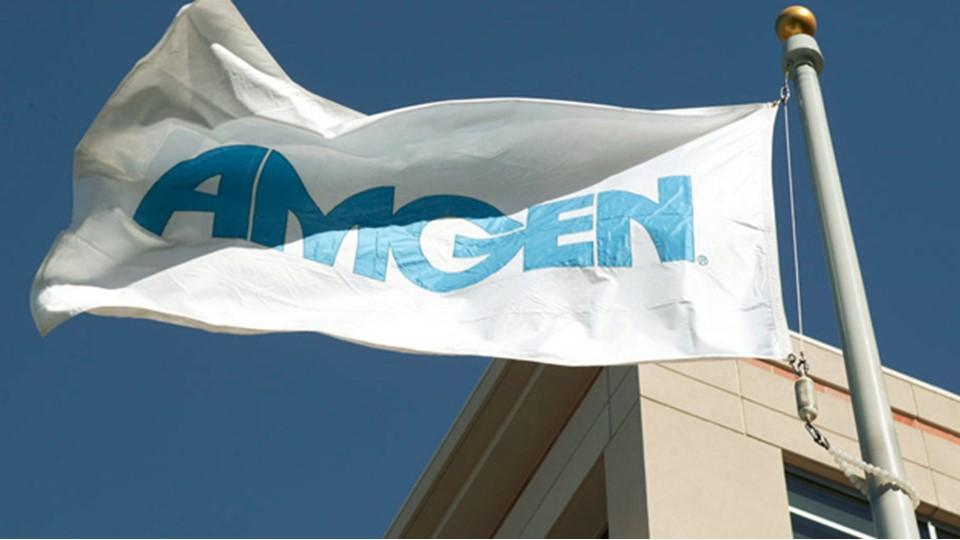WCLC: Amgen eyes first-line use for KRAS drug Lumakras

Amgen is facing a slowdown in uptake of its first-to-market KRAS inhibitor Lumakras as a second-line therapy for KRAS-mutated non-small cell lung cancer (NSCLC), so is understandably excited by new data showing its potential in previously untreated patients.
New results from the phase 1b CodeBreaK 101 trial reported at the World Conference on Lung Cancer (WCLC) found that out of 20 patients treated with Lumakras (sotorasib) alongside chemotherapy with carboplatin and pemetrexed first-line, two-thirds of them saw their tumours shrink, giving an objective response rate (ORR) of 65%.
The remainder all saw the growth of their tumours stabilise, giving a disease control rate of 100% with the drug. Amgen's head of R&D, Davide Reese, said the results "validate our approach to move Lumakras earlier within the treatment paradigm through novel therapeutic combinations."
The ORR was similar (62%) in a group of patients whose tumours were KRAS-positive and had very low levels of PD-L1 expression (<1%), said Amgen.
The results back up the findings of an earlier investigator-led study that also showed efficacy for Lumakras plus carboplatin and pemetrexed in treatment-naïve KRAS-mutated NSCLC, said Reese.
Analysts have previously suggested that Lumakras could become a $1 billion-plus product if Amgen can extend the label for the drug into the first-line NSCLC setting and also get approval for the drug in other KRAS-mutated tumour types.
To that end, Amgen has already started a phase 3 study of the triple therapy in first-line KRAS-mutant PD-L1-negative advanced NSCLC – called CodeBreaK 202 – with enrolment expected to start before the end of 2023.
The new data comes shortly after Amgen reported that sales of Lumakras (known as Lumykras in some markets) were flat in the second quarter of 2023 at $77 million, with volume growth offset by lower pricing and inventory levels.
That early plateauing has dented analysts' expectations for KRAS as a cancer therapy category, which is a problem for Amgen as the drug is a key component of its growth strategy and its pipeline is not viewed as being particularly strong.
Moving into the first-line setting could inject some renewed vigour into the product, along with the recent news that rival therapy Krazati (adagrasib) from Mirati Pharma – approved by the FDA last December – was rejected by regulators in Europe.
Amgen has meanwhile just been given a major boost by a regulatory agreement to allow its $28 billion portfolio-expanding takeover of Horizon Pharma to go ahead.













